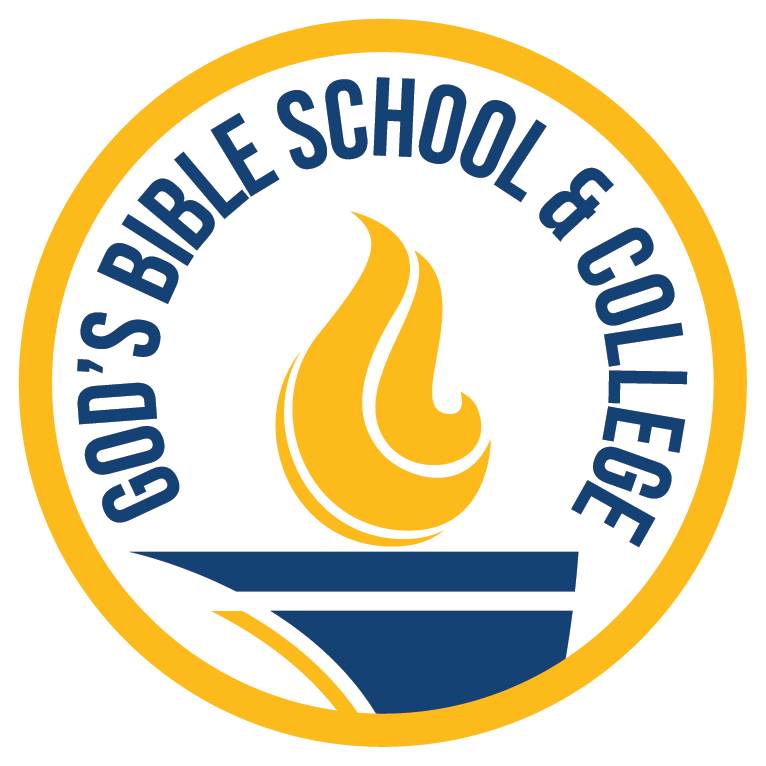Helping Skills for Christian Counseling
PRTH 531
Summary
Explore the Helping Skills for Christian Counseling course and what you can expect to learn through the semester.
Course Overview
An overview of effective helping strategies used to provide ethical care and Christian counseling to those in distress.
Students will have the opportunity to develop theologically-sound skills that can be used in a variety of ministry contexts.
Textbooks
- See the current booklist.

Professor: Dr. Andrew Graham
Assignment Overview
Students report spending 6-8 hours on homework as a weekly average.
Three papers, one on each of the three main textbooks.
The purpose of these papers is to demonstrate understanding of the reading and ability to assimilate what you’ve learned and to reinforce the knowledge, values, and skills gained from the reading.
Pre- and post-course reflection papers. These will give you a chance to measure your own growth as a result of this class.
Regularly assigned textbook and article readings.
Weekly discussion forums on a prompt from the professor.
Intended Outcomes
You will appreciate
- You will appreciate:
- How Christian faith relates to counseling skills and interventions.
- The value of collaboration with others.
- The relationship between Christian ethics and counseling.
You will be able to
- Explain the strengths and weaknesses of each of the five views of the relationship between counseling and Christianity.
- Conceptualize counseling cases in a framework that acknowledges ethical challenges and dilemmas.
- Demonstrate counseling techniques and skills anchored in a biblical worldview.
You will understand
- The history of Christian care of souls.
- Fundamental ethical obligations that seek to ensure integrity.
- The necessary qualities for counseling as a Christian.
- Basic tools to conduct interviews, build a helping relationship, understand the counselees’ problems, plan treatments, and employ effective strategies.
